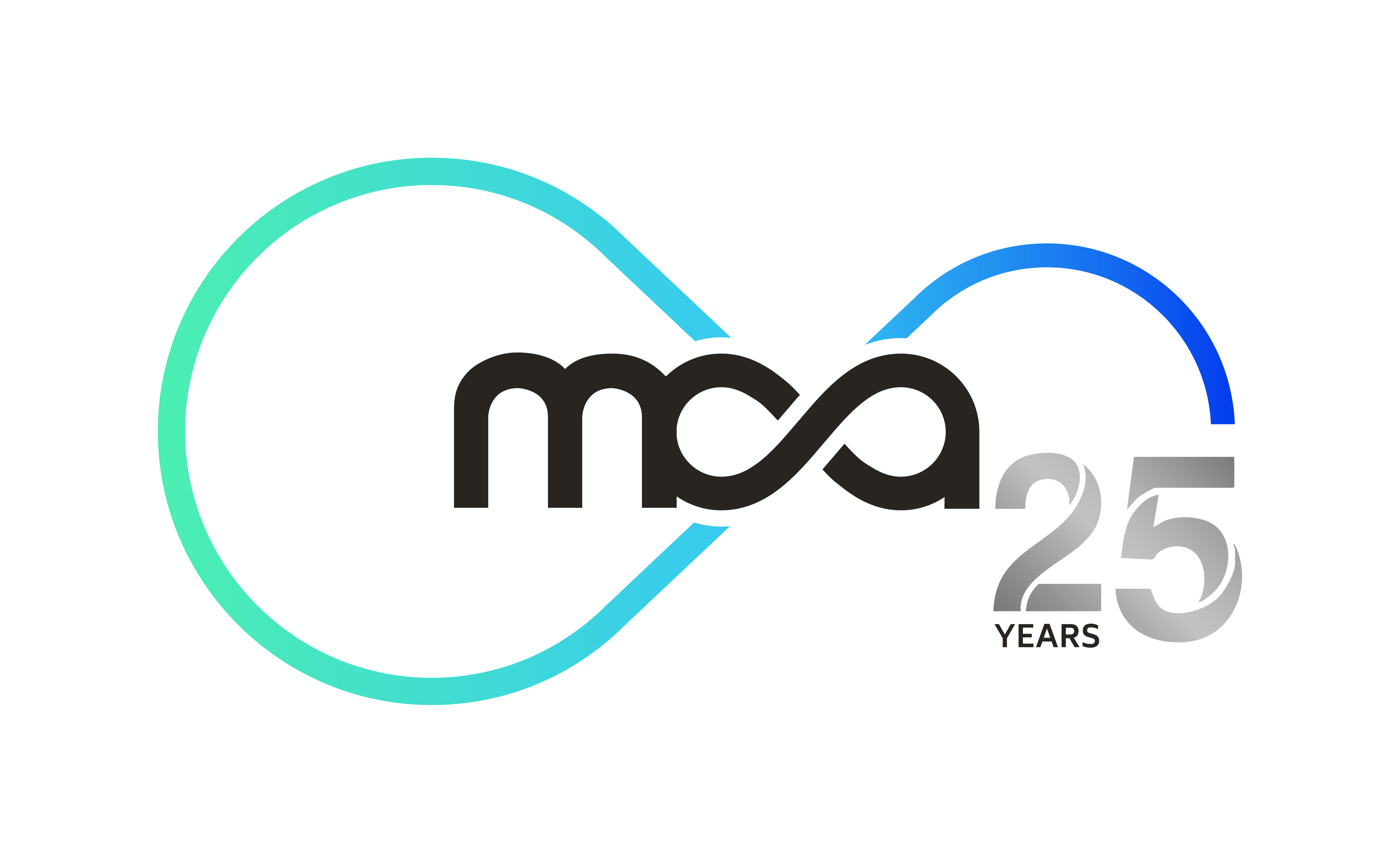Global startup study shows Malta as having significant growth potential
The 2017 Global Startup Ecosystem Report (GSER) published by Startup Genome reports that Malta shows significant growth potential as a startup ecosystem scoring particularly highly in talent and market reach. This report is a global collaborative effort to help regions across the globe nurture and maintain thriving tech startup ecosystems. The Malta component of the report was the result of a partnership between the Malta Communications Authority (MCA) and Startup Genome.
Dr Edward Woods, MCA Chairman stated that, “This is the first time that Malta has featured in this globally recognised report. This is a significant outcome of our vision 3 years ago to set up a dedicated business innovation function. This function will continue to serve market intelligence and foresight that will contribute to further development in the Maltese startup ecosystem.”
The study explores and contrasts the performance of 45 leading startup ecosystems. These ecosystems are essentially business environments, which are conducive to the formation and growth of new ventures that leverage ICT to deploy globally scalable business models.
The report evaluates ecosystems on the basis of five important characteristics, namely performance, funding, market reach, talent and startup experience. Seventeen indices spread across these categories provide a detailed insight on the strengths and weaknesses of each ecosystem reviewed. The performance of the Maltese ecosystem is reported to be is mainly positive, ranking highly when compared to European counterparts in a number of indices.
Despite having the smallest ecosystem in terms of value, which currently stands at €770 million, Malta’s growth rate is significantly higher than the regional average. This indicator reveals positive prospects for the ecosystem’s ability to increase the density and valuation of Malta-based startups in the near future.
Malta also ranked 22nd globally in two critical factors: market reach and talent. Malta’s performance in market reach was largely due to having the highest rate of born-global companies in the European region. In this category, Malta also demonstrated an extent of global connectedness that is higher than the global average.
With regard to talent, Malta’s performance ranked in the top 5 in the region for each of the four indices comprising this category. Malta emerged as the best place in Europe for experienced software engineers, combined with a second place in terms of the affordability in employing such talent. Moreover, Malta startups have the 6th highest percentage of employees in their growth team that previously had at least 2 years of startup experience. Leveraging such experience is critical to guide startups from early-stage activity, towards scaling up.
On another front, the report also confirmed Malta’s excellence at hosting a cosmopolitan startup community: 39% of local startups were indeed founded by immigrants. This rate is the fourth highest globally, trailing marginally behind Silicon Valley, Berlin and London.
Another interesting insight surfaced: the primary reason startups move to Malta is due to better regulation and policies. In no other ecosystem was this characteristic cited as the primary reason. This finding confirmed Minister Mallia’s assessment, quoted in the report, that “Malta’s biggest strength is its ability to adopt a nimble and proactive policy-making approach”.
Commenting on Malta’s performance, the Minister stated that “Such results are certainly encouraging and validate national efforts to position Malta as a strong and attractive alternative to the traditional startup hubs.”
The report highlights a number of startups that were recently celebrated in the international media, making reference to Hotjar, Hippo Data, DiscountIF and the up-and-coming Freshy. Wrapping up, the study concludes that, “considering all the concerted efforts that are currently invested into the ecosystem, more success stories are expected to come out of Malta in the near future”.
San Francisco based Startup Genome has been the first organisation to release comprehensive research reports that benchmark startup ecosystems globally. It’s work influenced startup policies globally and has appeared in leading business media such The Economist, Bloomberg and Harvard Business Review.
Data on the Maltese ecosystem was collected through online surveys conducted between October and December last year. The surveys collected feedback on the Maltese ecosystem from tech startups founders and key stakeholders.
The report can be downloaded from www.startupgenome.com/report2017.





